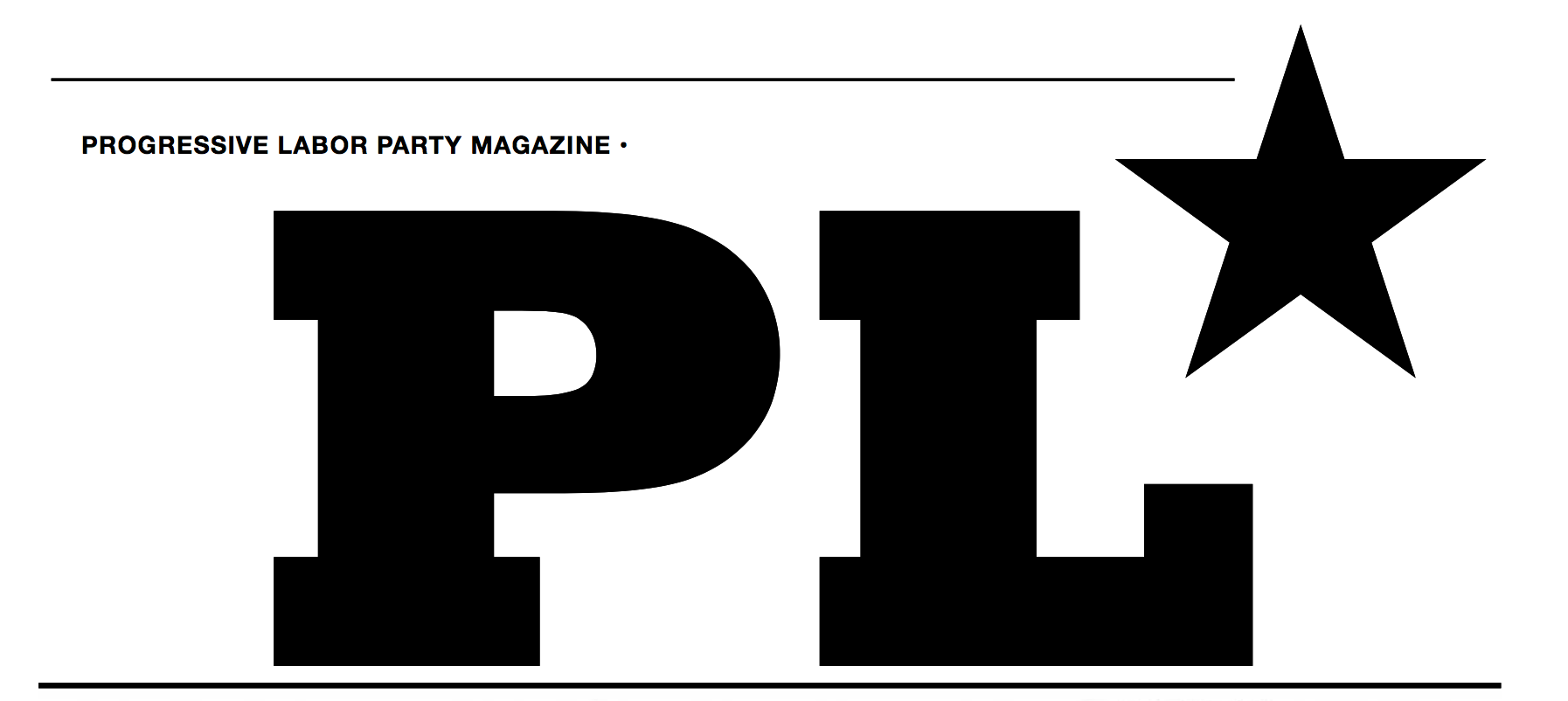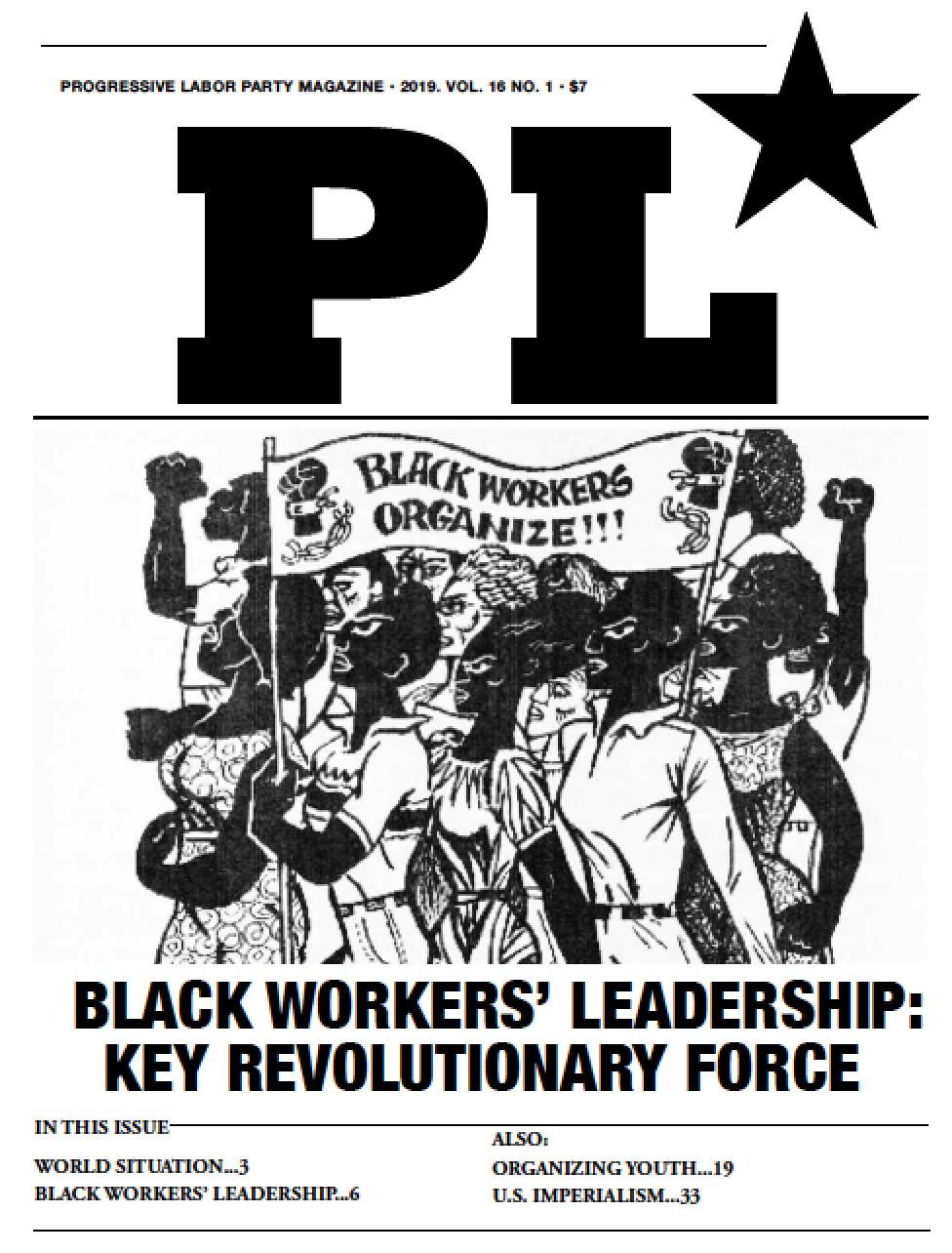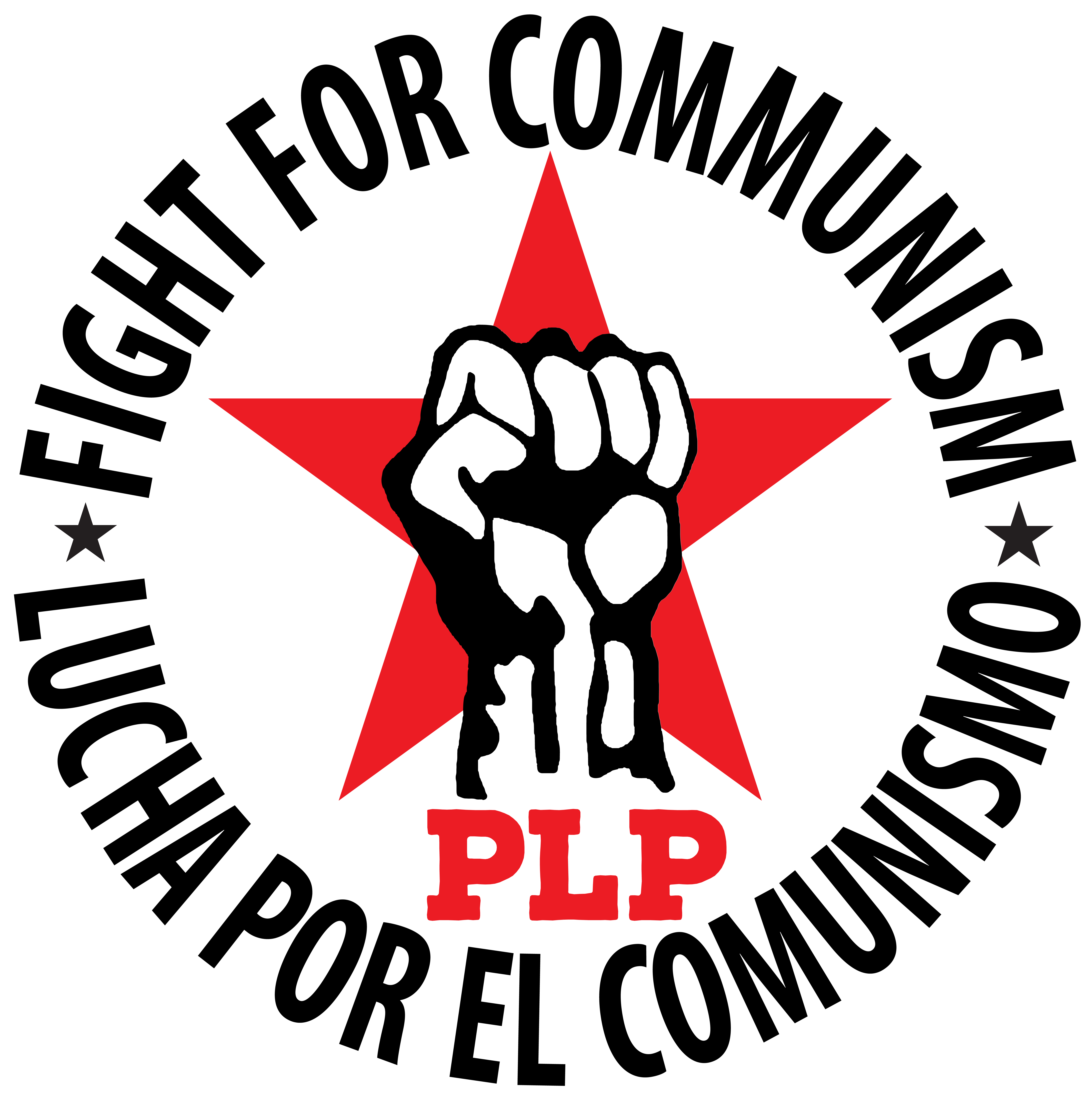A communist commune for struggling youth
 Friday, August 28, 2020 at 12:28AM
Friday, August 28, 2020 at 12:28AM I regard the collective as the supremely important form of educational work.
-Anton Semyonovich Makarenko
A pandemic rages. There is no cure. Countless are infected; hundreds of thousands have died. The U.S. accounts for only four percent of the world population but over 25 percent of Covid-19 cases. Clearly the capitalists don’t care about us; their only goal is profit. So, we are being shoved into factories, offices, and stores to die for their profit system. To complete the misery, capital demands that children be returned to schools without guaranteeing safety. Such is the logical conclusion to the capitalist educational system.
But there is an alternative to the absolute failure of this miserable racist, sexist, anti-working-class capitalist system and its so-called “education”. And that is communist solidarity: production for need, mutual respect, and education for collective and individual development. A communist revolution is needed to transform society. Two great working-class revolutions have occurred within the last 100 years. The Bolshevik Revolution (1917) and the Chinese Revolution (1949). While both have been tragically reversed due to the seeds of capitalist practices, their early practices have yielded valuable lessons to be applied before and after our next successful revolution.
What can we learn from these revolutions now, especially in education? A good starting point is to examine some of the dramatic changes made in every sphere of life after The Russian Revolution.
From 1914 to 1921 Russia, an already impoverished country ruled by a vicious ruling class, was devastated financially and militarily first by its involvement in World War I and then by a civil war created by the U.S., English, French and Polish imperialists. Eighty percent of its industry and transportation system was destroyed and agriculture and food distribution almost ceased. The new Soviet state faced immense problems of hunger, disease, and homelessness. These are the leftovers of the old capitalist society that was dealt with.
All children have role to play in leadership
Yet, despite the vast problems, many in the Soviet Union were eager to create a new society, a new humankind, a new collective spirit and an entirely new type of education. Among them was an educator, Anton Makarenko.
Born into a working class family in 1888, Makarenko became a teacher when he was 17 years old. Already convinced of the need for revolution he began his career in the midst of the first (1905) revolution organizing meeting places for revolutionary workers. Makarenko continued teaching and supporting revolutionary activity. By 1920 he had successfully taught hundreds and supervised thousands of students. In addition, he had begun to formulate a new educational system based upon the Marxist classics, Lenin’s leadership and the Red Army’s experiences.
In 1920 he was asked by the Educational Commissariat to organize the Poltava Colony for Young Offenders. Due to the destruction caused by WWI and the capitalist Civil War, tens of thousands of starving, orphaned children roamed the countryside and the cities in search of food and shelter. Many turned to crime to survive. They were thoroughly demoralized, angry, and divided by ethnic hatreds.
Makarenko began with six adolescents who had a criminal history, a windowless, doorless, broken down building, some poor farmland, no tools, no books, little food, and two teachers. The goal: to create the foundation of a communist educational collective. Completely uninterested in their past records, believing no one is born with “good” or ‘bad” genetic characteristics Makarenko had a positive and optimistic outlook about each child’s development. He found that all children, including those with profound psychological problems, had a role to play in leadership.
This was a time when the U.S. led a Jim Crow segregated education system, spewed racist pseudo-scientific ideas, and promoted
individualism.
Utmost demand & utmost respect
The first months were rough. Untrusting, the children felt that this was just another prison. It took months before Makarenko gained their respect by forcefully demanding that they cut the firewood for the whole colony not just for themselves. It was a beginning. Based on his years of teaching and revolutionary activity Makarenko came to see that one must “place the utmost demands on a person and treat him with the utmost respect” in order to succeed.
He rejected physical punishment, which was a common measure in that period. Makarenko realized that just as the working class and peasantry had overcome great social and personal problems to win a revolution, all children would, given respect and collectivity, become productive comrades.
What the capitalist countries promote only in theory was already done in practice in the Soviet Union: emphasis on treating children with respect, providing a collective for children to learn, importance of adult models, learning as a social process, uniting manual and mental work as one, and more.
Amidst their poverty (and with some help from the central organizations), the children began to learn to raise their own food, repair their clothes, fix their dwelling and cobble together tools.
However, the main tasks Makarenko set before them was to collectively plan their communal needs. Many of the children were functionally illiterate. Yet despite their resistance to being in school, the demand was they learn the trades that kept the commune in repair. They began to work in teams gradually learning to think in wider collective needs not merely individualist needs. The children loved all this freedom and self-respect.
Over many years hundreds of children passed through the renamed “Gorky Colony.” With more teachers and agronomists, engineers and the USSR’s growing prosperity, the colony combined five hours of productive agricultural and industrial work and four hours political and conventional instruction. The intellectual labor and manual labor were united. Even within the first three years, the collective students were encouraged to become a partially self-governing commune. After seven years, Makarenko was asked to duplicate the success by founding a new collective of orphaned children, which became the Dzerzhinsky Commune.
‘The Road to Life’
Makarenko wrote many books and articles about education which outlined his conclusions distilled from years of experience while educating thousands of children. One of his outstanding works, The Road to Life, is a record of the transformative experience of the Gorky Colony. It is a book to inspire all those teachers (and in fact everyone) who yearn for a free, respectful, socially conscious life: a communist life.





 Progressive Labor Party (PLP) fights to destroy capitalism and the dictatorship of the capitalist class. We organize workers, soldiers and youth into a revolutionary movement for communism.
Progressive Labor Party (PLP) fights to destroy capitalism and the dictatorship of the capitalist class. We organize workers, soldiers and youth into a revolutionary movement for communism.




Reader Comments